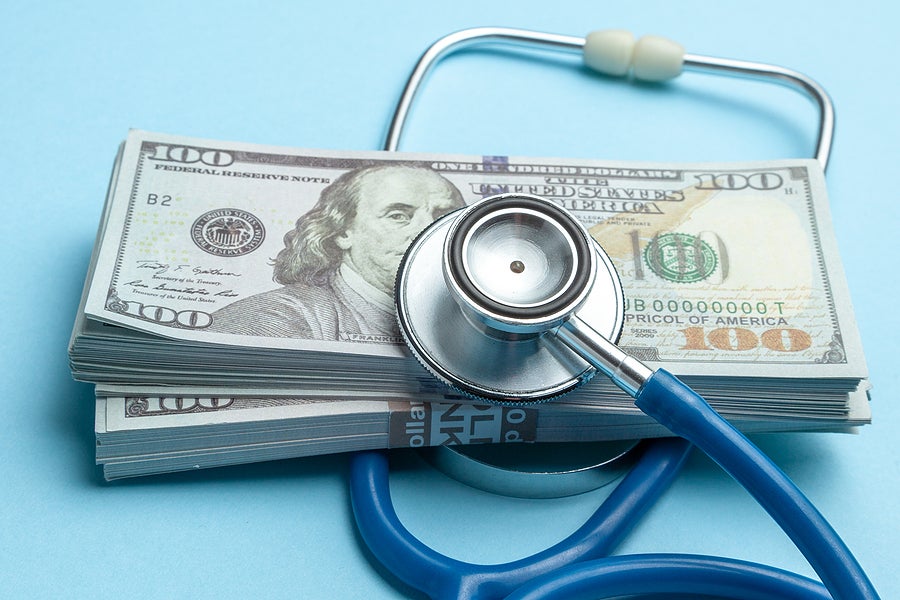As a nonprofit health attorney over a decade ago I worked in North Carolina on pushing hospital systems to eliminate the practice of suing lower income patients for medical debt and associated abuses like pursuing liens against the houses of poor families. A Pulitzer-prize nominated newspaper series detailed the situation at the time in North Carolina. Advocates came up with multiple suggestions for improving these practices to reform medical debt collection and to help children and families. While some hospitals voluntarily changed their policies and significantly improved their charity care policies at the time, the problem unfortunately persisted over the next ten years.
In 2023 a report written by Duke University researchers working with the North Carolina’s State Treasurer found predatory medical debt practices remained a huge problem in the state. A few specific hospital systems continued to be outliers, accounting for most of the thousands of lawsuits and liens filed in the state. Most disturbingly, researchers found: “One in five families in the state has been subject to collections proceedings because of medical debt — only three states have a higher rate — and many of the worst practices, including the use of medical credit cards charging usurious interest, have taken root in the state.” And non-profit hospital status mattered little – over 90% of the lawsuits against patients were initiated by non-profit, tax-exempt hospitals receiving millions of dollars in nonprofit tax benefits courtesy of many of the very same taxpayers the hospitals were turning around and suing.
Unfortunately, even with the publicity and reforms of a decade ago, medical debt remained a persistent and growing problem in North Carolina – and nationally. North Carolina leaders decided to attack this problem this year in an innovative way, leveraging Medicaid reimbursement changes passed as a result of the state’s Medicaid expansion.
North Carolina’s Governor Roy Cooper and DHHS Secretary Kody Kinsley announced a plan last month that addresses the medical debt problem for state residents and implements many of the reforms advocates have been working on for years. As NC Health News details, hospitals will receive additional Medicaid dollars as part of the legislation expanding Medicaid last year. In return, they will forgive all unpaid medical debt over the last ten years for current Medicaid enrollees and all “uncollectible” medical debt for any patient with an income at least at or below 350% of the Federal Poverty Level ($52,710 for an individual). [The federal Centers for Medicare and Medicaid Services (CMS) approved this plan on July 26 and the nonprofit Undue Medical Debt is working with NC hospitals to implement the plan.] Charity care must become automatic for certain patients and there are new limits on payment plans, interest rates and debt collection. The Governor estimates that these changes could relieve as much as $4 billion in debt now burdening middle and lower-income families.
Medical debt is a serious issue that impacts millions of Americans. Medical debt can impact patients’ well-being by causing them to delay needed medical care and the financial wellbeing of their entire family. It’s a persistent problem but fortunately North Carolina has developed an new way to address it. We’ll be watching to see the results of North Carolina’s innovative approach to tackling the issue.


